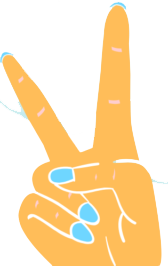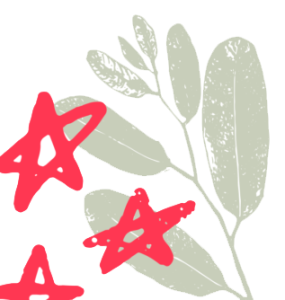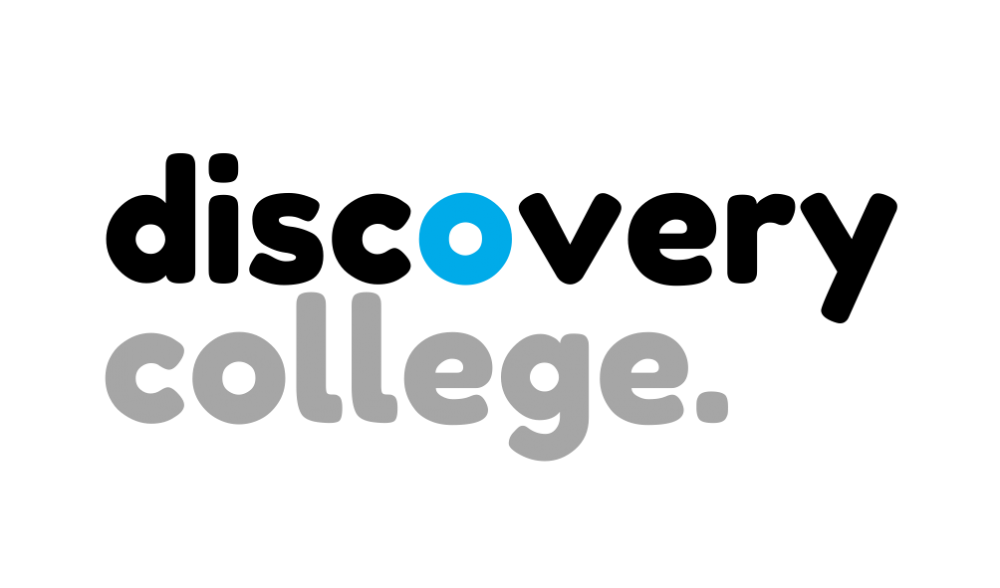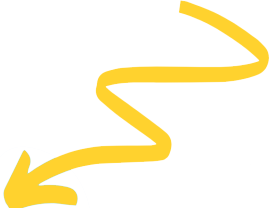

This is the story of what happens at
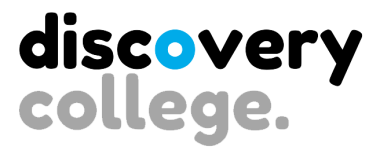
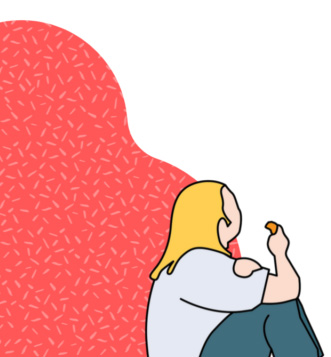

our courses are built using
co-production
build services collaboratively with all
the relevant perspectives along for the entire
journey in equal partnership
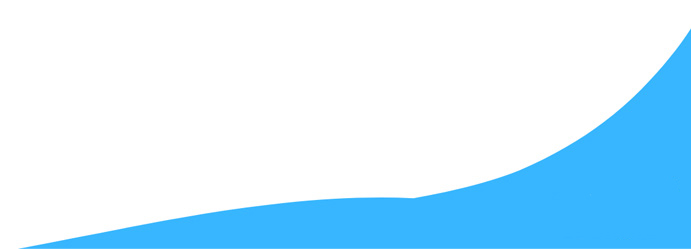

phases of
co-production
Who is involved?
For us, it’s
- young people with mental health experiences
- their families + Friends
- mental health professionals
- other people with lived experiences
every step of the way!

Co-Plan
We think about what we night make, who else should help make it, and how it will get made.
When we co-plan, we make space for purposeful, equitable, comfortable yet challenging, hopeful & ultimately rich we allow rigorous outcomes.
There’s a thoughtfulness to process. It is flexible and let’s us shift to meet coproduction where it is at.
discovery college learning consultant, traveller, writer,
teacher, plant-lover & meme enthusiast
Who is involved?
trying to address + people with other expertise
necessary to build the service
Who is involved?
trying to address + people with other expertise
necessary to build the service
experiences, their families + friends, mental health
professionals, people from lived experiences, educators,
dc team members
What Happens
workshops
- we hold workshops to decide on course topics
- in the workshops we explore
feedback from (students and facilitators)
data (attendance at courses, demographic information)
the expertise of the people in the room
planning meetings
- we work out how to best get started
- we think about
how we will explore the topic (normally through a question)
accessibility – time, location, planning, space set-up
power dynamics (how to overt and equalize)
how we will record ideas and information
how we’ll evaluate the process and the outcomes
a co-planning story
experience of psychosis
and coplanned a structure for exploring the idea further. Together, we
shaped a co-production workshop around the question:
What is important to know about the
experience of psychosis?
for a balance of professional and lived experience voices, so we planned
another workshop and invited a range of different people to attend and share
what they knew about the topic.
people with lived experience, psychiatrist, occupational therapists, parents, adults with
lived experience, social workers, and neuropsychologists. Everyone shared their answer
to their question in conversation with one another, and we captured the idea to use later.
Co-Design
We make the thing we planned on making.
and power imbalances to talk about mental health in new
ways. Each experience can influence the others thinking and
together new understanding and meaning can be formed between us.
Campbell
psychiatrist, passionate cyclist,
discovery college facilitator, dad
Who is involved?
Who is involved?
with lived experience, friends and family members or
anyone who supports someone with their mental health.
What Happens
the first co-design meeting
- we ask everyone to share their ideas, opinions and expertise
- we use a key question related to the topic to get things started
- we talk about power - how can we get a balance of ideas and perspectives?
- we record all the ideas
- we talk about importance of language
- we ask who would like to be involved in developing a course

these people form the
course design team
And then?
the first co-design meeting
- we take the ideas from the workshop and shape them into a course
- we negotiate power dynamics and balance of ideas within the team
- we build the course by deciding on
The length of the course
what we wnat students to have explored by the end of the course (learning outcomes)
which ideas and perspectives to work with
how we want students to explore the ideas (learning activities)
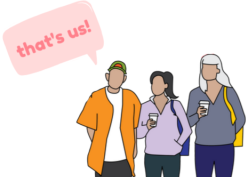
every course design team has
- someone with lived experience with the topic
- someone with professional experience with the topic
- an education specialist
a word on power
been experienced bi co-production partners
Our commitment to working through co-production means we are always trying to:
disrupt traditional ways of working
how do we do that?
conversations that question
access to power
everyone regardless of
type of expertise
the expertise of each person
Co-Deliver
we give the thing we made (a course!) to anyone
who would like to have it
DC is pretty much an open classroom. An open classroom where there are guides at the front, but everyone in the room is sort of a teacher in that environment.
Everyone’s a teacher and everyone’s a student.
Jack
youth peer support worker, skateboard
enthusiast, lived experience, absolute legend
Who is involved?
as a student – anyone! plus 2-3 facilitators
Who is involved?
as a student – anyone! plus 2-3 facilitators
ALWAYS one person with lived experience of the topic +
one person who works as a professional with the topic
What happens?
we run the course!
- students enroll then come along and participate
- we collect feedback from both students and faciilitators
our courses
reframing
Breaking the Taboo
topic of suicide
In Someone Elese's Shoes:
Mind + Body:
Nutrition
Taking the Edge Off
Let’s talk about drugs and alcohol
Understanding Self-harm
What is it About Medication?
What is Diagnosis
exploring
Taking Charge of Your Health
where do I start?
so you can
start anywhere!
developing
In Your Write Mind:
writing and recovery
Making Sense of Your Senses
Mind + Body:
Exercise
Mindfulness
What is Creativity?
supporting
Managing the Ripple Effect:
Strategies for friends, family, and the health care team
reframing
Breaking the Taboo
topic of suicide
In Someone Elese's Shoes:
Mind + Body:
Nutrition
Understanding Self-harm
Taking the Edge Off
Let’s talk about drugs and alcohol
Understanding Self-harm
What is it About Medication?
What is a Diagnosis
exploring
Taking Charge of Your Health
where do I start?
so you can
start anywhere!
developing
In Your Write Mind:
writing and recovery
Making Sense of Your Senses
Mind + Body:
Exercise
Mindfulness
What is Creativity?
supporting
Managing the Ripple Effect:
Strategies for friends, family, and the health care team
Co-Evaluate
we see how it went and if we can make it better.
discovery college offers an opportunity to rethink the way services are delivered and received for and by young people, families, staff members and interested others…it helps to shift the service in a very positive way, to a recovery and person centred focus in line with both policy imperatives and world best practice.
evaluation and research development officer,
ocean swimmer, coffee lover, & gifted at sleeping
Who is involved?
the facilitators of the course, members of the original co-production team, an education specialist
health professionals, people from lived experience,
educators, dc team members
What Happens
we look at the feedback
- we use feedback from
facilitator reflections
environment and attendance data
website and social media traffic
and then we might use it to
- re-develop courses (co-design)
- decide what courses to build next (co-plan)
- inform training for our facilitators (co-deliver)
- shape processes (e.g. enrollment, student experience, communication)
- promote the courses and program
a co-evaluation story
“Making Sense of Your Senses””. The laughter is often followed by some grave
head-shaking. It was a bit of a trial by fire, and we learnt a lot.
experience person had to withdraw and we were left with a dilemma.
Do we – an occupational therapist and an education specialist – continue without or
try and find someone to jump in?
That's when we found Bec and promptly
shoved her in the deep end.
in a very short span of time we built and ran the course.
When we sat down to evaluate we found:
- the feedback was generally postivie, but students didn't think we'd nailed all the learning objectives
- professionals were keen to come but couldn't commit to a four week course
- the facilitators felt they needed more time to prepare each session, rather than building it as we went
- students (from all backgrounds) were finding valuable wats to apply their new knowledhe in their lives
so we...
- re-developed the course through co-design to target the learning objectives
- re-structured the course into two parts - a single one-off session and a threee part extension course
- decided to only ever schedule courses that were built and give plenty of time for facilitators to meet and prepare
- high-fived each other!
perspective
unleashes lots of different ideas so that
people can choose what works for them
authenticity
balances the knowledge of what might work with
experience of who it worked for (and who it didn’t)
connection
have conversations about each others’ expertise,
experiences, and knowledge
responsiveness
for because they used their experience of what works
(and what doesn’t) to help shape it.
organisational change
exploration and learning.
takes
time
negotiating power and equity,
scheduling, and allowing people to come
as they are means working at a slower
pace to create richer outcomes.
awkward conversations
enough for everyone to be heard but also call out
power inequalities when they come up.
supoort and training
power to find their voice and take leadership roles.
perspective
unleashes lots of different ideas so that
people can choose what works for them
authenticity
balances the knowledge of what might work with
experience of who it worked for (and who it didn’t)
connection
have conversations about each others’ expertise,
experiences, and knowledge
responsiveness
for because they used their experience of what works
(and what doesn’t) to help shape it.
organisational change
exploration and learning.
takes
time
negotiating power and equity,
scheduling, and allowing people to come
as they are means working at a slower
pace to create richer outcomes.
awkward conversations
enough for everyone to be heard but also call out
power inequalities when they come up.
supoort and training
power to find their voice and take leadership roles.
Are we getting it right 100% of the time? Absolutely not!
But discovery college is committed to the co-production model in an attempt to address entrenched issues of power and exclusion, to bring together all kinds of expertise, and create a service that is genuinely and authentically responsive (and pretty special).
We hope we’ve sparked a little curiosity around
what it could look like for you to work in this way.
